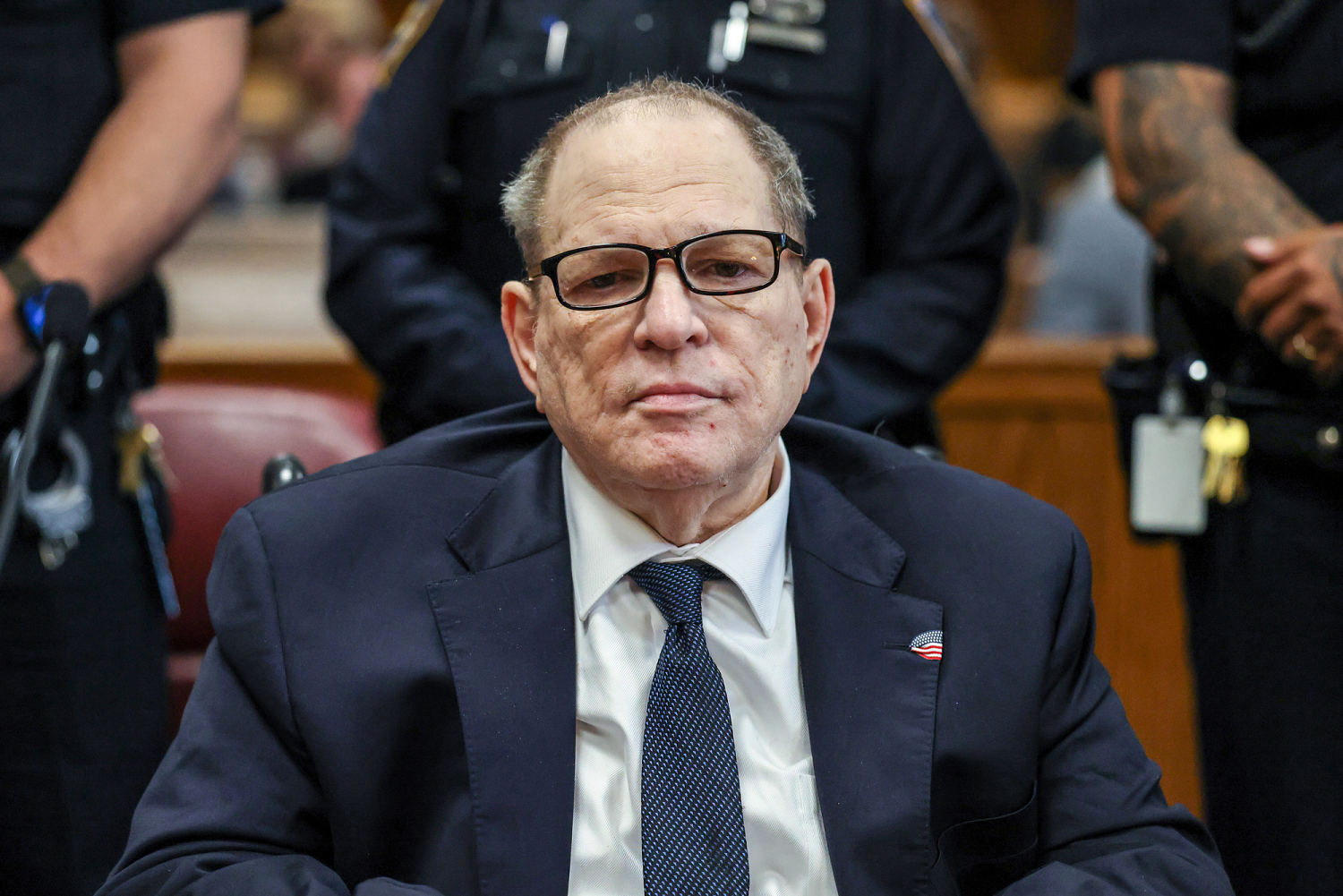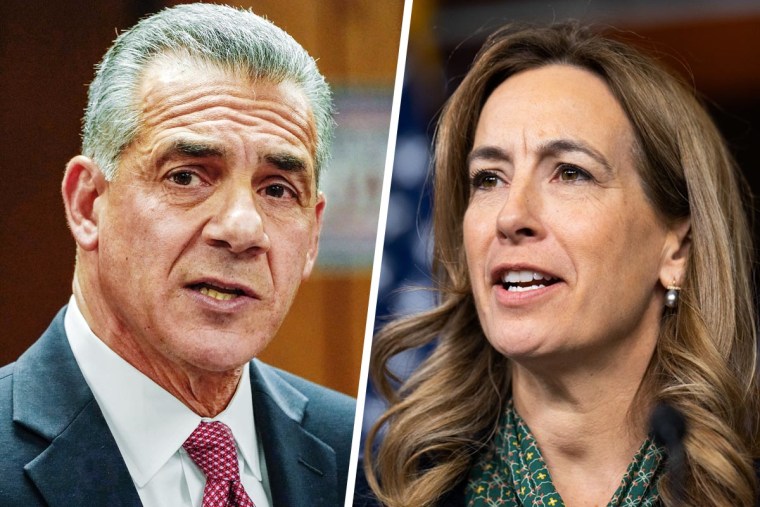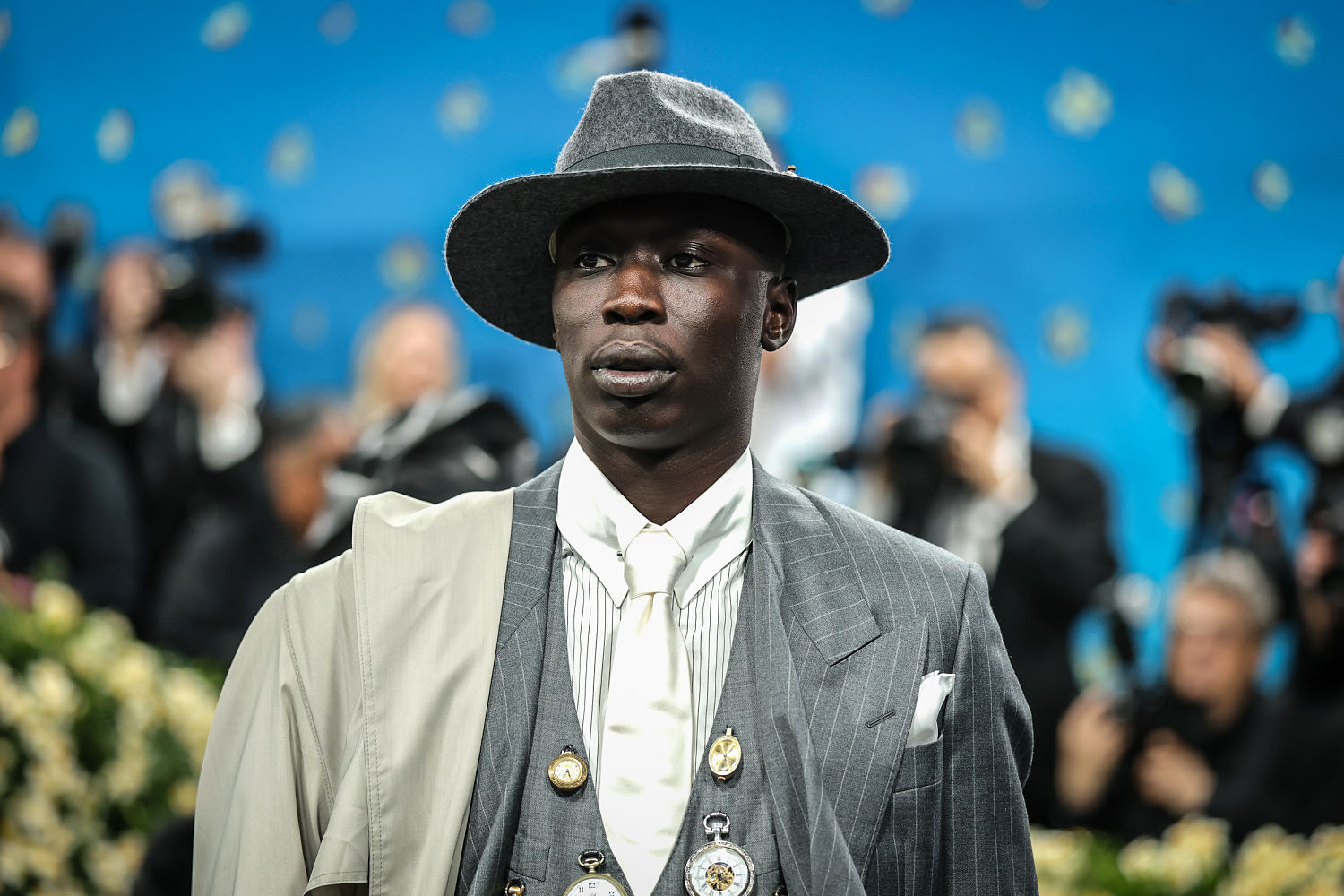Jurors in the trial against disgraced movie mogul Harvey Weinstein said Wednesday they unanimously found him guilty of sexually assaulting one woman and not guilty of assaulting another more than a decade ago.
But jurors at Weinstein’s retrial told the judge they were unable to reach a verdict on allegations he assaulted a third woman and Judge Curtis Farber asked the jurors to continue deliberating Thursday before sending them home for the day.
Weinstein, 73, had denied all the charges and his lawyers insisted the sexual encounters with his three accusers were “transactional” and “consensual.”
The jury weighing the evidence against disgraced movie mogul Harvey Weinstein in his New York retrial reached a partial verdict after five days of deliberation.
Weinstein, 73, who has denied all the allegations, was charged with sexually assaulting three women more than a decade ago.
Weinstein found himself on trial again after the New York state Court of Appeals last year overturned his landmark 2020 conviction for sexually abusing young women, a trial that defined the #MeToo movement and helped turn the Oscar-winning producer into a pariah. The appeals court found that the judge in that trial had improperly allowed testimony against the former Miramax chief based on allegations that were not part of the case.
During the six-week retrial, jurors heard testimony from a former “Project Runway” production assistant, Miriam Haley, and actress Jessica Mann, both of whom testified in the 2020 trial. New to the retrial was testimony from a third accuser, Kaja Sokola, a former runway model from Poland.
Weinstein’s lawyers have argued that the sexual encounters with his three accusers were all “transactional” and “consensual.”
“If this person wasn’t Harvey Weinstein, would we even be here?” Weinstein defense attorney Arthur Aidala asked during his closing argument in accusing the women of being grifters.
Prosecutors, however, said Weinstein preyed on young women trying to make it in Hollywood, sometimes repeatedly, and threatened to wreck their careers if they talked.
“He never had any interest in their careers,” Assistant District Attorney Nicole Blumberg told the jury. “He had an interest in their bodies. And he was going to have their bodies and touch their bodies whether they had wanted him to or not.”
Just as in 2020, Weinstein did not testify at his retrial. But before the jurors announced they had reached a verdict, he told a FOX5 New York reporter that he acted “immorally” and regretted hurting his wife and family, but never did anything “illegal.”
“I put so many friends through this and hurt people … that were close to me, by the way, by actions that were stupid,” he said. “But never illegal, never criminal, never anything.”
Much of the evidence that resulted in Weinstein being convicted five years ago of the third-degree rape of one woman and a first-degree criminal sex act against another woman was reintroduced at his retrial.
Just as before, Weinstein pleaded not guilty to charges of first-degree criminal sexual act and third-degree rape based on complaints by Haley and Mann. But this time, Weinstein also pleaded not guilty to an additional charge of first-degree criminal sexual act in the alleged sexual assault of Sokola.
Sokola told the court that Weinstein forcibly performed oral sex on her in 2006 at a Manhattan hotel when she was 19 years old. But the alleged abuse began in 2002, when she was 16 and Weinstein forced her to masturbate him, she said.
“Her first sexual experience was the defendant forcing himself on her,” Blumberg said.
During his three-hour closing, Aidala tried to poke holes in the testimony of the three accusers. He suggested they were coached by prosecutors to describe the sexual encounters, which he likened at one point to “naked twister,” in a sinister light.
“They did it all to get the original sinner, the poster boy of the MeToo movement,” Aidala said.
The #MeToo hashtag took off in 2017 following reports in The New York Times and The New Yorker that detailed allegations of sexual misconduct against Weinstein that went back decades. It helped inspire a reckoning in Hollywood and beyond around sexual harassment.
Weinstein, Aidala added, made for an easy target. “He’s a fat dude — sorry, Harvey,” he said while the former producer looked on.
Aidala insisted the encounters were all “transactional” and that all three women believed Weinstein could help their careers.
“It’s not really a casting couch I thought it was,” Aidala said. “It’s different now. I know it sounds crazy, but he’s the one being used.”
Blumberg painted a far different picture during the prosecution’s closing remarks.
“I want to remind you why we are here,” she said. “Because he raped three people.”
Sokola and Haley both claimed that Weinstein forcibly performed oral sex on them in separate incidents in 2006. Mann told the court the producer raped her in 2013.
Weinstein, Blumberg said, “had tremendous control over Hollywood. He spoke, people listened. He decided who was in and who was out.”
While Blumberg spoke, Weinstein, seated in a wheelchair, appeared to be listening intently.
“Remember, it’s not the person sitting here today in a wheelchair but this man, in Hollywood, who had the power and was in control,” Blumberg said.
Regardless of the verdict, Weinstein will most likely be returned to California where he has to serve a 16-year sentence for a 2022 rape conviction. His lawyers filed an appeal for that conviction in 2024 that is still in process.
During his latest trial, Weinstein was allowed to stay at Bellevue Hospital where he was being treated for a host of serious health issues.
Back in October, two sources told NBC News that Weinstein had been diagnosed with chronic myeloid leukemia, an uncommon form of bone marrow cancer.
Weinstein was a Hollywood titan in the 1990s and 2000s when he and his brother Bob ran Miramax, the distributor of critically acclaimed independent movies like “Sex, Lies, and Videotape,” “The Crying Game,” “Pulp Fiction” and “Clerks,” and box office successes like “Chicago” and “Bridget Jones’s Diary.”
In 1999, Weinstein won a best picture Oscar as one of the producers of “Shakespeare in Love.” And in the early 2010s, his second distribution label, The Weinstein Company, won back-to-back best picture Oscars for “The King’s Speech” and “The Artist.”
But as Weinstein collected accolades, he was dogged by rumors that he preyed on his leading ladies and other women in the industry. By the time he was arrested, more than 80 women had accused him of sexual assault or harassment going back decades.
Just as he did at his trials, Weinstein doggedly denied the claims and insisted the encounters were consensual.




















